Exploring the New Energy of Chinese Sci-Fi Films at Sci-Fi Film Week
On the morning of June 11th, at the 25th Shanghai International Film Festival Sci-Fi Film Week Keynote Forum, distinguished guests gathered to deliver captivating keynote speeches on the topics of “Sci-Fi: An All-humanity Perspective and Chinese Stories,” “Exploration of the Unknown and Sci-Fi Passion,” and “Sci-Fi Films and Surreal Spectacles.” They also shared their insights on “International Vision and Times Context of Sci-Fi Films.”
Zhao Jiaming, member of the Shanghai Municipal Party Committee and Minister of the Publicity Department, Mao Yu, Executive Vice Director of the National Film Administration, Chen Daoming, Chairman of the China Film Association; Cheng Xiangmin, Secretary of the Songjiang District Party Committee, and Gao Yunfei, Deputy Minister of the Publicity Department, Shanghai Municipal Party Committee and Director of the Shanghai Film Administration attended the forum.
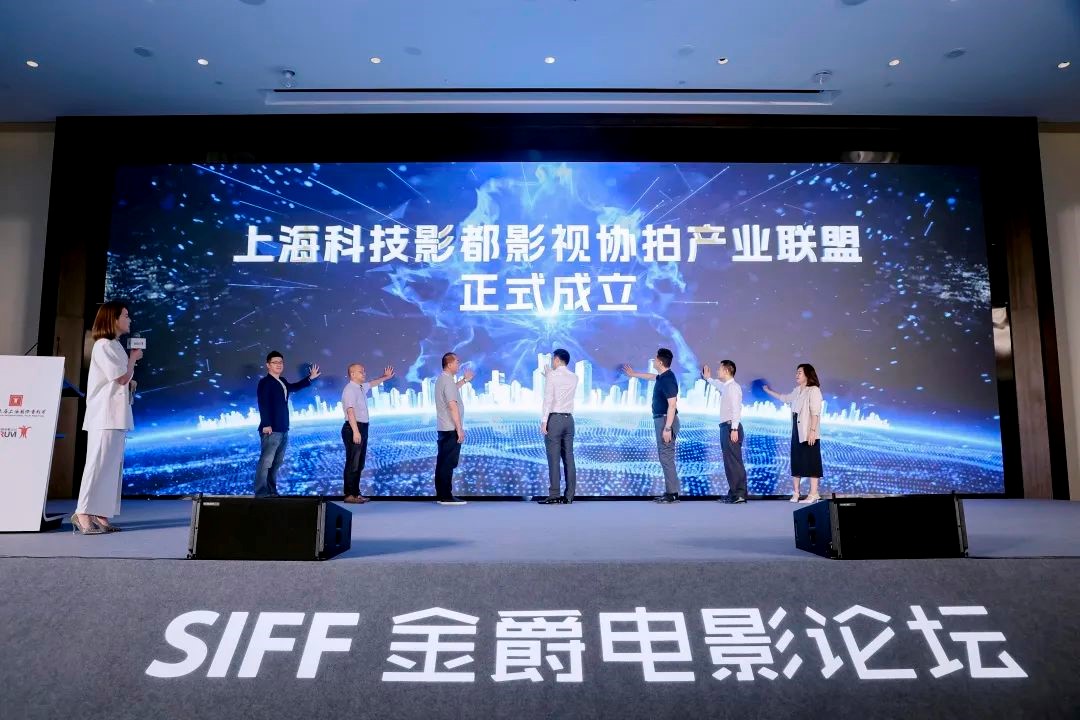
Imagining the Future from a Humanity Perspective
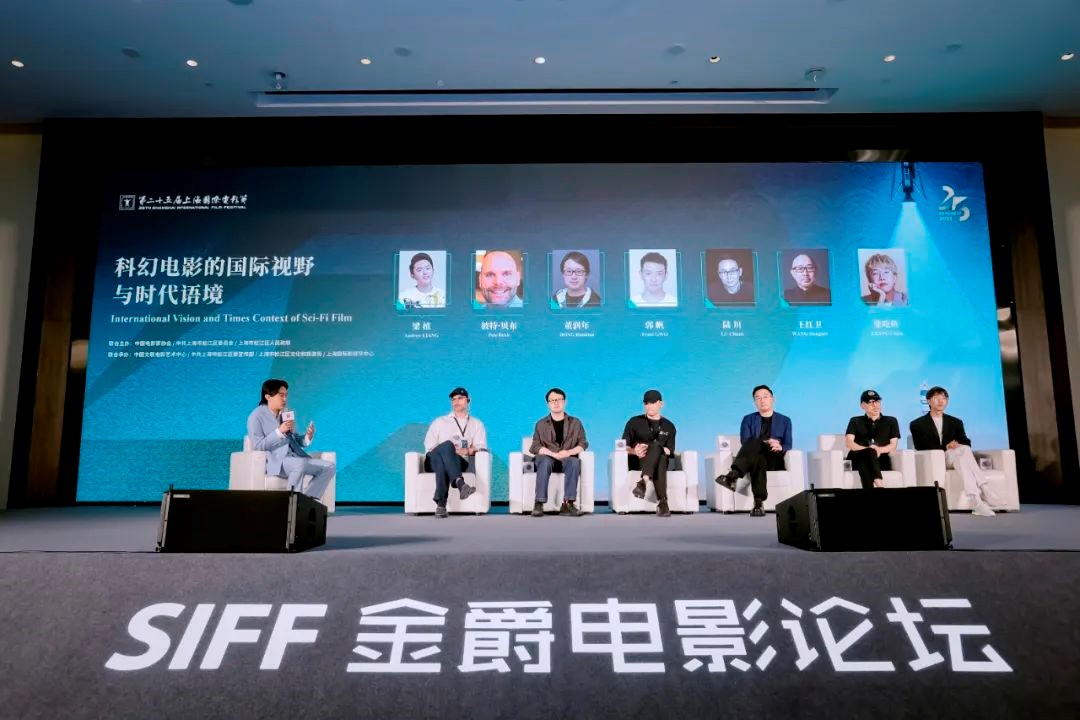
Director Guo Fan, who started the filmmaking career due to his enthusiasm for science fiction, has been exploring new directions for Chinese sci-fi films in recent years. At the forum, he emphasized that the greatest charm of sci-fi lies in the concepts of “the future” and “limitlessness.” “Sci-fi always represents the future. It plants seeds of love for science and the courage to imagine in the hearts of children, influencing generation after generation,” he said. Sci-fi is also a language, “a universal and popular language through which more overseas audiences know about us and understand us. Therefore, sci-fi is an excellent medium.”

Director
Guo Fan
However, Guo Fan also stressed that as we embrace “sci-fi films,” we must not forget that the core of filmmaking lies in emotions, not just concepts. “I came across some younger creators recently, including young directors, with many sci-fi projects. I’ve noticed something in common among them, and that is they focus on the ‘advanced concepts’, and it’s the technology that excites them. But we must not forget that the essence of sci-fi films is the films, and the core of the films is emotions. If our ‘advanced concepts’ and advanced technology have no connection with emotions, it becomes mere science education. Therefore, it is crucial to find a way to integrate these elements.”
Wu Ji, former director of the National Space Science Center of the Chinese Academy of Sciences, provided insights for the creation of sci-fi films based on current research and development directions in space technology. He mentioned that in the not-so-distant future, human dreams that seem unattainable, such as space tours, space migration, Mars migration, interstellar travel, and planetary and intelligent life exploration, could all become a reality. “Regarding space tours, especially lunar tours, I hope to see a perspective that looks back at Earth and reflects on the impact it has had on human civilization. On Mars migration, we can focus on how to establish a new society there. All sci-fi works with space themes should be imaginative, as long as they don’t violate basic scientific principles. Therefore, they have the potential to drive future technological advancements, and some wild ideas may even lead to new breakthroughs.”
Peter Bebb, the visual effects director for commercial blockbusters like INCEPTION, THE MEG: THE TRENCH, and THE DARK KNIGHT trilogy, has extensive experience in the production of sci-fi films. He mentioned that even though film production can now rely on a plethora of advanced technologies, the essence of creation should not be overlooked. In his collaboration with director Christopher Nolan, he felt the importance of traditional shooting techniques. “Nolan insisted on live action as much as possible, which is actually excellent material for visual effects artists. He did it almost to the extreme. For example, in THE DARK KNIGHT, he made Batman’s flying apparatus and hung it on a truck, making it feel like it was really flying. The fact that we can rely entirely on visual effects doesn’t mean we should.”
Peter Bebb also offered practical advice for young sci-fi filmmakers. “On one hand, embrace existing technologies such as machine learning and artificial intelligence, because they can help us achieve desired results more rapidly and with quality comparable to big productions. On the other hand, we still have to make movies ourselves because the essence of films does not lie in technology. New technologies cannot create movies. We still need people to create stories.”
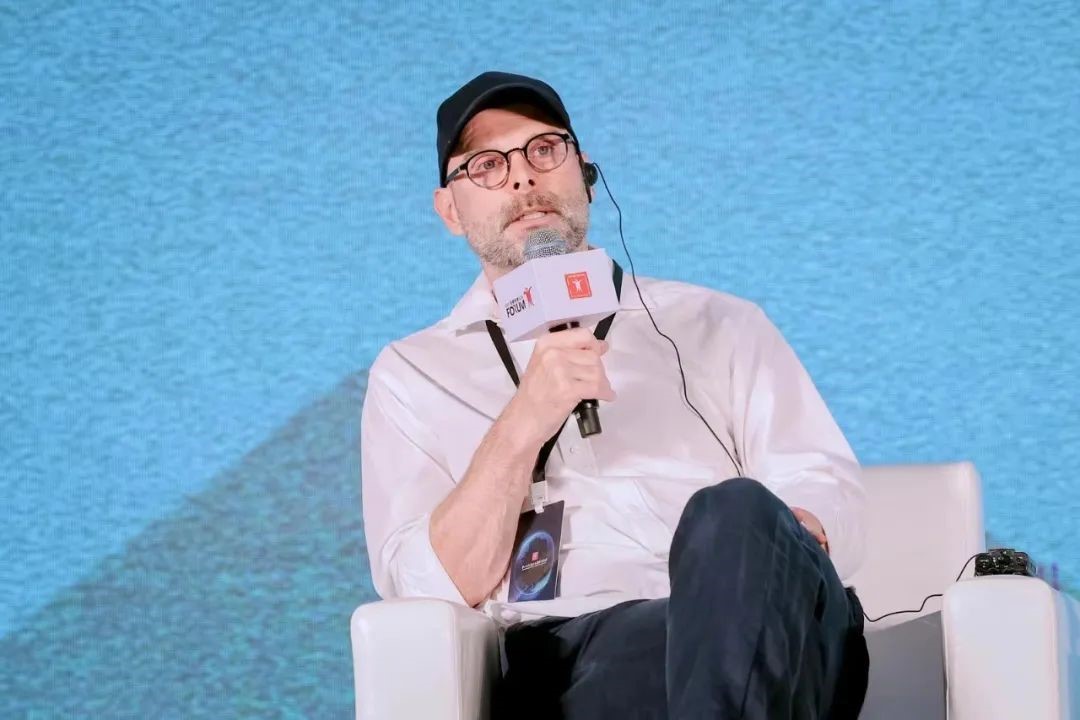
INCEPTION, THE MEG: THE TRENCH, and THE DARK KNIGHT
Visual effects director
Peter Bebb
Exploring innovative paths in the times context
As science and technology themes are embraced worldwide, a wave of sci-fi film projects has emerged in the domestic venture capital market. Finding a creative path for Chinese sci-fi films has become a topic of interest at the forum.
Director Lu Chuan believes that sci-fi films are essentially serious because they confront human anxieties and fears about our own development and the future world. “If we look at the history of sci-fi films, the majority of them are disaster films. This is mainly due to our anxiety about the present and the future, as well as about technological advancements. For instance, will artificial intelligence dominate or even destroy the world? In a sense, the mission of science fiction films lies in a serious and sincere discussion of and reflection on human development.”

Director
Lu Chuan
Director Dong Runnian emphasized the importance of keeping “human” at the core of sci-fi film creation. “I feel that science fiction is future-oriented realism. It’s related to the times and the overall development of society. Anyone living today is accustomed to the role that high technology plays in their lives. They naturally adopt a scientific perspective when imagining, experiencing the present and contemplating the future. This precisely demands that our creations have a more rigorous scientific logic and a clear understanding of the audience we are facing.” Meanwhile, artistic creations explore human emotions, and “sci-fi films place human emotions in extreme situations, allowing us to experience what is beyond our daily experiences. From this perspective, the significance of humanity becomes even more important.”
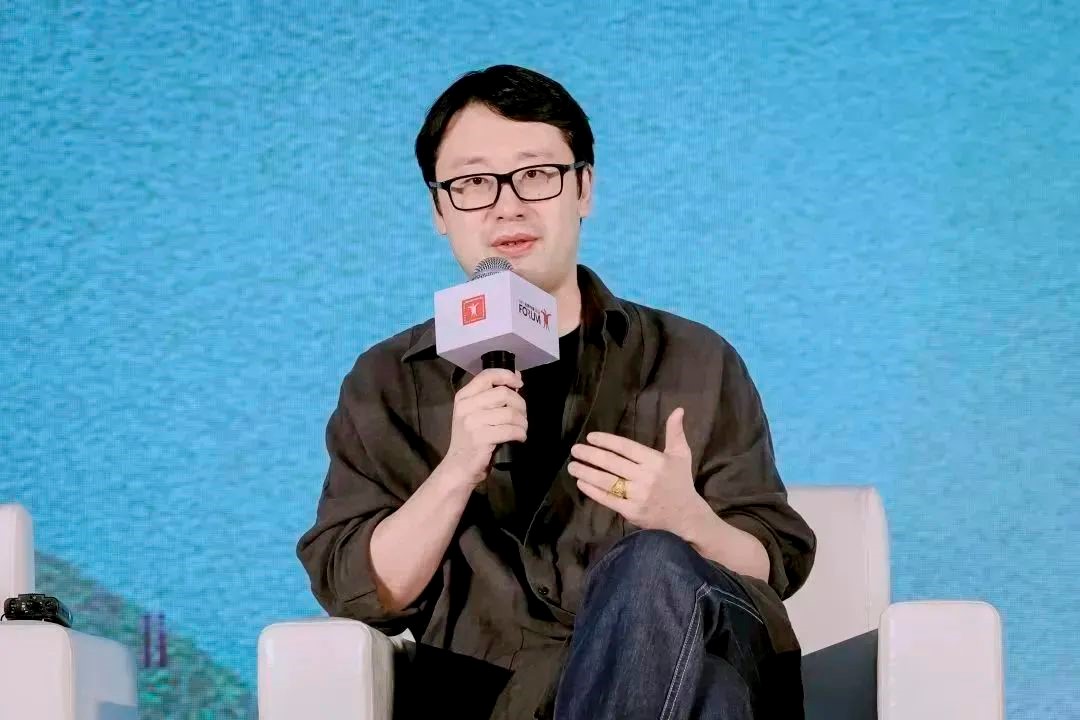
Director
Dong Runnian
Director Zhang Chiyu, who attempts to combine comedy with sci-fi elements, shared the challenges he encountered in creating MOON MAN. “For this film, the greatest challenge is its unquantifiability, because comedy itself and the lunar story are highly fictional, but Chinese audiences have high expectations for sci-fi films and demand scientific basis and theoretical foundations. So, there are many scenes in the film where we had to decide whether to prioritize humor or strictly follow scientific laws. For example, one scene I particularly like is where the protagonist rides the kangaroo freely on the moon.”

Director
Zhang Chiyu
Wang Hongwei, Vice President of the China Film Directors’ Guild, emphasized the influence of the times on the creation of sci-fi films. “I believe that the strength of the films lies not in depicting reality but in showcasing the boundaries of human imagination. That’s ‘fantasy’. However, we also have the word ‘science’, which means that our fantasies are different from those of ancient people in pre-scientific eras. Our fantasies are not blind; they emerged as we entered the age of civilization, the age of true science and technology.” He pointed out that even without technological impetus or empowerment, filmmakers still need to learn to examine the impact brought about by changes of the times. The environment in which young audiences grow up today is vastly different from ours. Can they still accept our ideas? This is a very serious and urgent question, but it also leaves more opportunities for young filmmakers.”
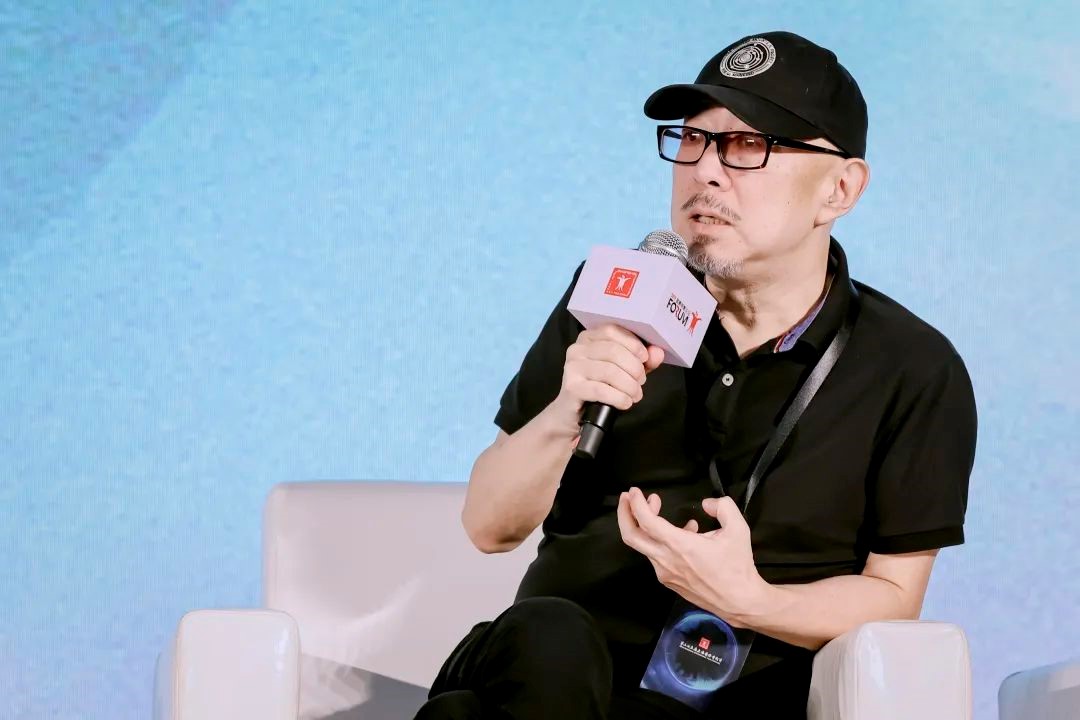
Vice President
China Film Directors’ Guild
Wang Hongwei







